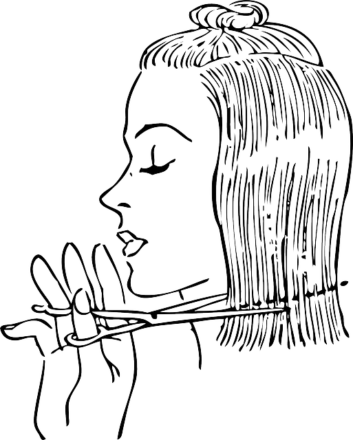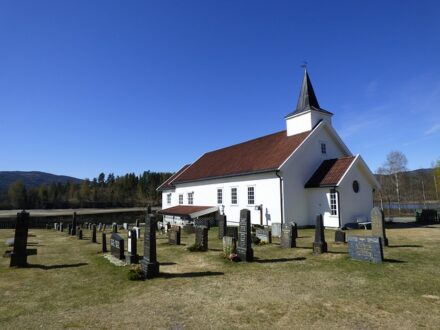According to Wiktionary, a sacred cow is something that can’t “be tampered with, or criticized, for fear of public outcry. A person, institution, belief system, etc. which, for no reason other than the demands of established social etiquette or popular opinion, should be accorded respect or reverence, and not touched, handled or examined too closely.”
There were herds of sacred cows in my former church, things that I think most people knew made no sense, but that no one would question, things like:
- Praying an hour, because there was a song that said “Sweet hour of prayer.” Nothing in the Bible, and most of the congregation had never even heard the whole song. They certainly never sang it at my former church. It was too slow.
- Women not wearing pants because of a verse in Deuteronomy that talks about women not wearing “that which pertaineth to a man.” Why this means pants specifically and not t-shirts, denim, suit jackets, etc, which all began as things men wore is never discussed, or if it is, it is shrugged away by saying that those don’t change the profile. The same people argue that a woman can’t wear a fly in her skirt because if she’s walking behind something and people can only see from hip and up it might look like she’s wearing pants. But that fly doesn’t change the profile.
- Going to church multiple times a week because “the Bible says forsake not the assembling of yourselves together.” The Bible never says that people should assemble repeatedly during the week until they are exhausted or even though they are sick.
- People should not wear jewelry, because the Bible says not to wear gold or jewels or costly array. In what universe does this mean your daughter can’t wear toy plastic beads around her neck but you can wear a $300 outfit?
- Women shouldn’t wear makeup because Jezebel did. Not everything wicked people do is wicked. In the same verse she arranged her hair and looked out a window. Of the three, only makeup is preached against. (And for that matter, she only put on eye makeup… not lip gloss or blush, much less concealer or nail polish.)
There were many more. Herds of sacred cows. Cows so sacred that people did all sorts of strange things to avoid not only touching them but even looking at them. There were people who wouldn’t buy watches because they were sold in the jewelry section. Most women would flinch if they accidentally touched a pair of pants on a sales rack. People would go to church sick, and others would report each other for wearing chapstick. (“It looked PINK!”) Those sacred cows… there were way too many. Dare to ask the simple question “Why?” and you could be labeled or ostracized. It wasn’t even popular opinion that made them untouchable. Sometimes it was pastor’s opinion, and sometimes it was group think.
********
Shop at our Amazon store! As an Amazon Influencer, this website earns from qualifying purchases.





